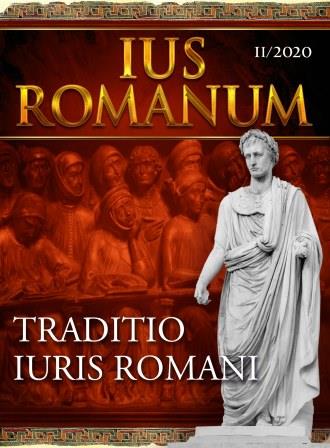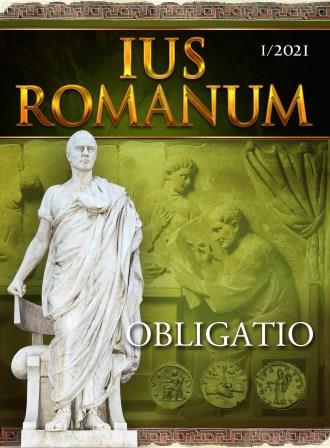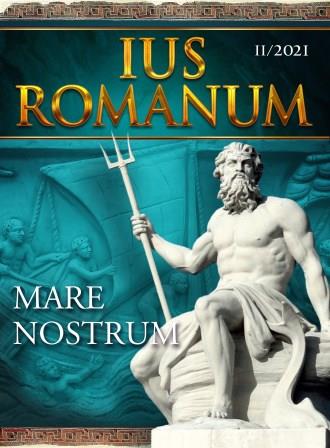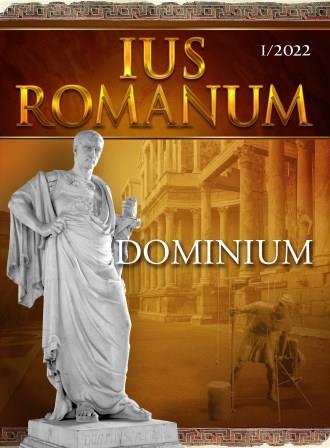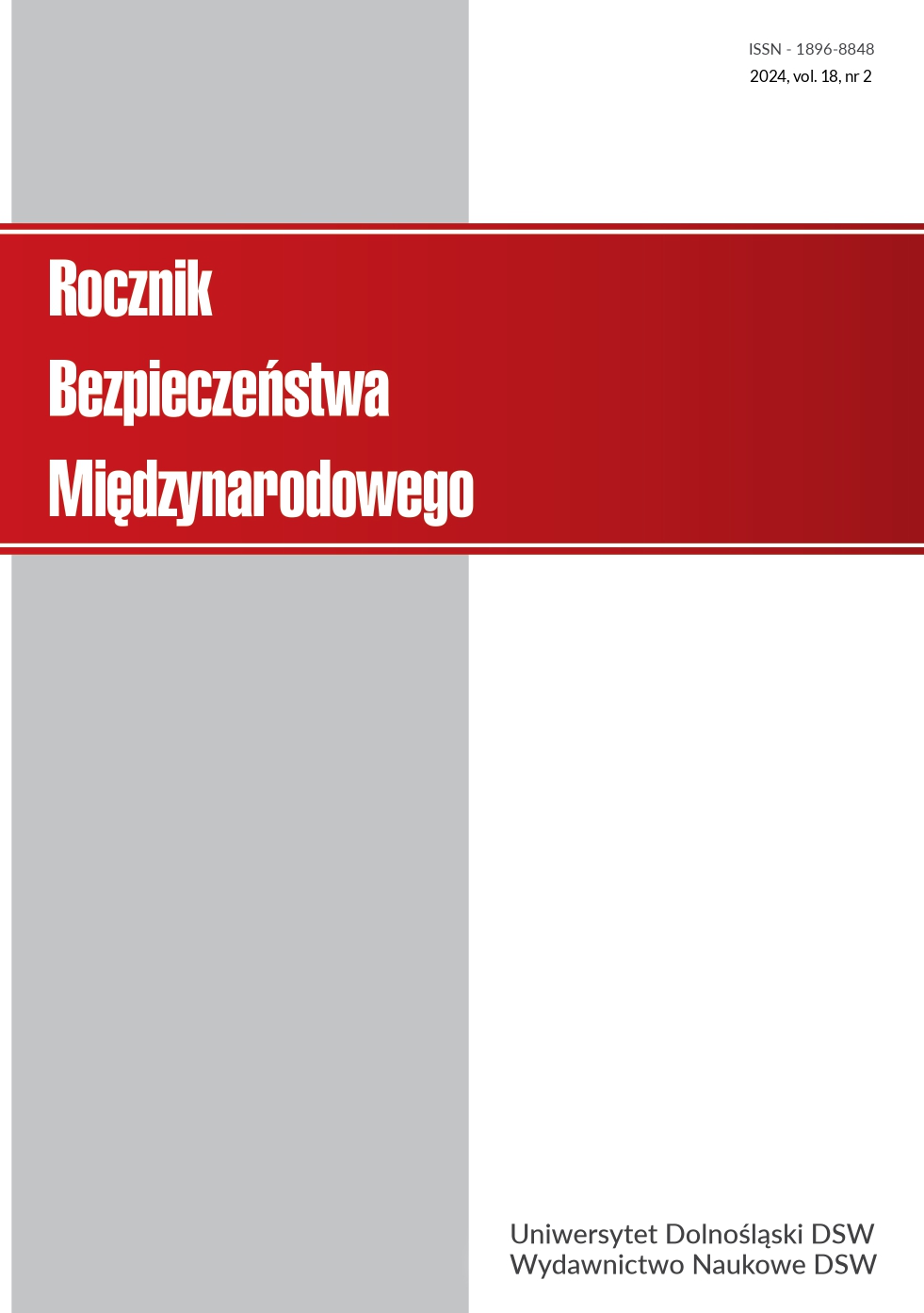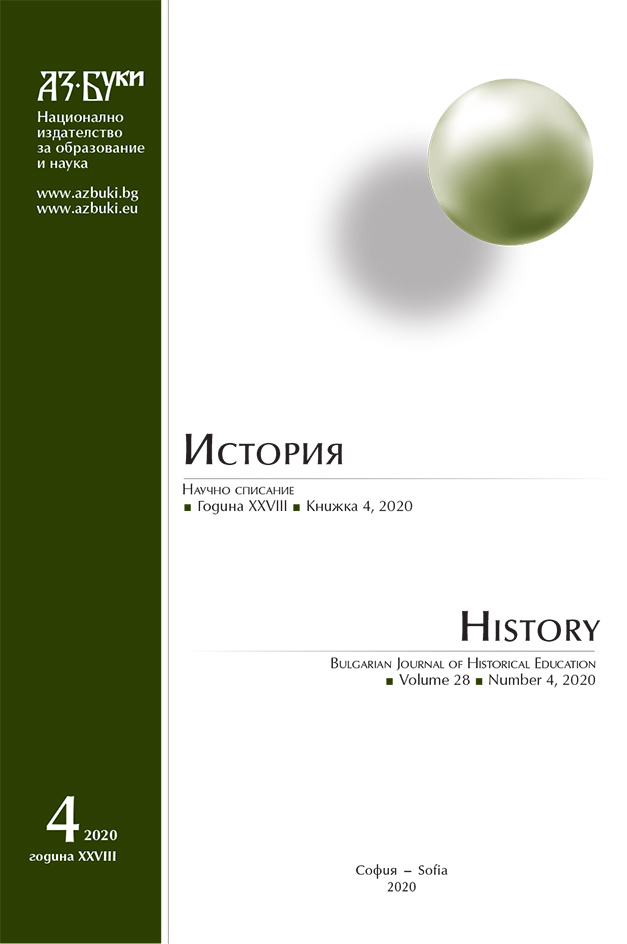
Кавалерите на ордена „За храбростъ“ във флота на Негово Величество
The article presents research on the Military Order of Courage and Soldiers' Cross for bravery of His Majesty's Navy during the Balkan Wars and World War I. The interest is focused on the conditions in which the ship's crews and shore units were assigned in solving combat tasks, the scale of force of the forces in counteraction to a repeatedly superior opponent, the contribution of the most prominent of them to success, and the assessment that was given to them. The award-winning Naval Officers are presented as an association of professionals and like-minded people who have built an organic society of the Knights of Courage. Later periods of activation of the Military Order are shown in fragmentary form.
More...
